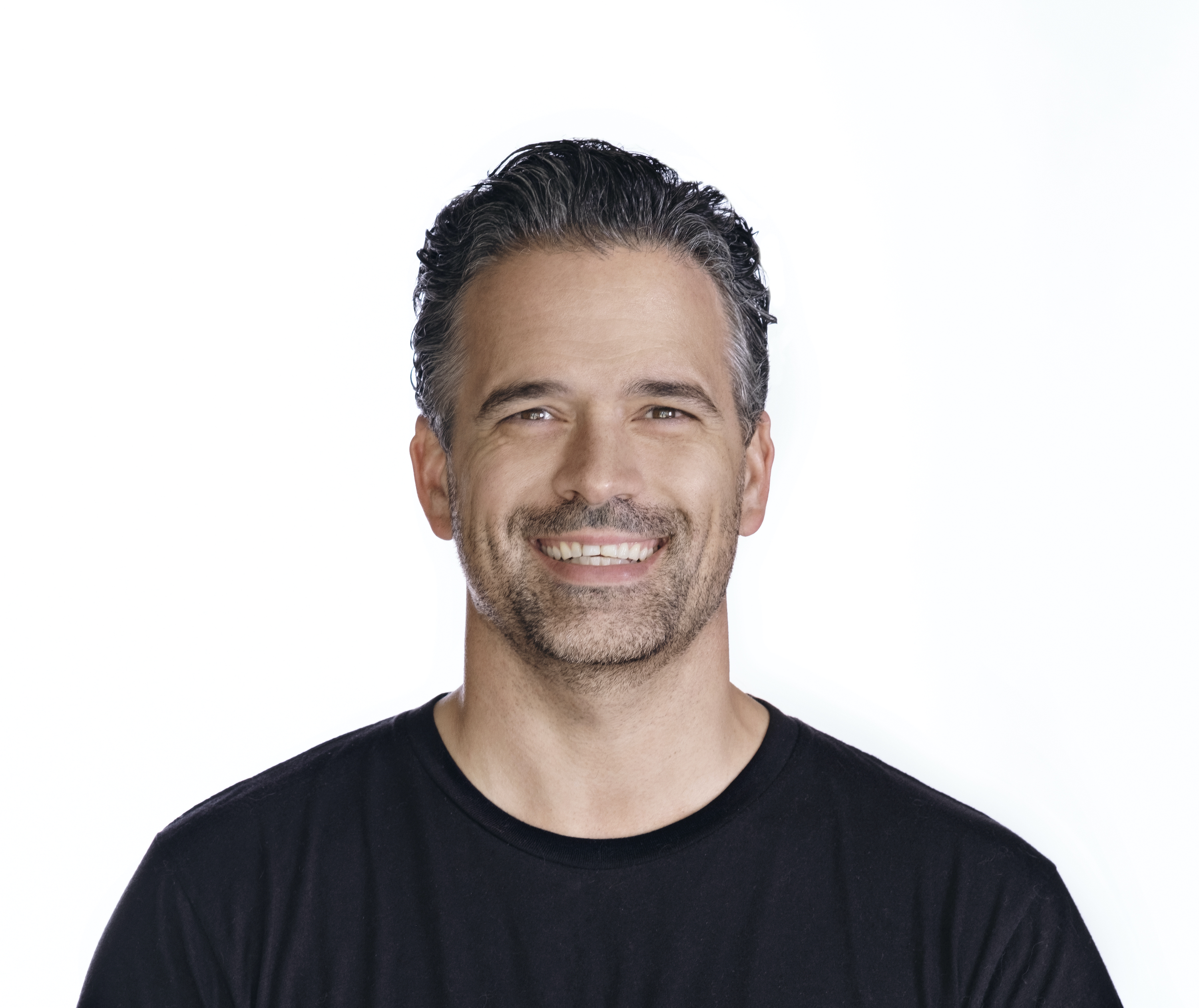Stewardship in the Bible: 14 Principles Every Christian Should Know

Jesse Wisnewski


Professional Development
The Bible teaches that everything belongs to God. That includes your life.
This might feel unfamiliar at first, especially in a world that values personal control and independence. But one of the first lessons of the Christian life is this: we are not in charge. God is.
Stewardship in the Bible shows us what this means in practice. God created all things and cares for them with purpose. He calls us to do the same with what He has entrusted to us. That includes our time, relationships, abilities, and resources.
Stewardship is not just about giving money or doing good deeds. It is a way of living before God. As the Westminster Shorter Catechism teaches, our purpose is to glorify God and enjoy Him forever. Stewardship is part of how we live out that purpose.
Here’s what we’ll cover:
- What Is Stewardship in the Bible?
- Why Stewardship Matters
- 14 Bible Verses About Stewardship
Let’s take a closer look.
What Is Stewardship in the Bible?
Stewardship means living as a manager, not an owner.
From the opening chapters of Scripture, we see that God created everything and put people in charge of managing it (Genesis 1:28; 2:15). Not controlling it. Not exploiting it. But caring for it, using it wisely, and growing it for His glory and others’ good.
Biblical stewardship includes two key ideas: ownership and responsibility. God owns it all. We are accountable to Him for how we use what He gives (1 Corinthians 4:2; Romans 14:12).
This touches every part of life. It’s not just a Sunday thing. It’s how we approach our jobs, spend our time, care for our families, and handle our money. Stewardship is faith in action. It reflects our belief that God is Lord over all, not just our spiritual life, but everything.
Why Stewardship Matters
Stewardship isn’t just a biblical idea. It’s a way of life. When you understand it, you begin to see every part of your life as a gift to manage for God’s glory.
It clarifies ownership
Everything you have—your time, money, skills, and relationships—ultimately belongs to God (Psalm 24:1). You are a manager, not the owner.
It shapes daily decisions
Stewardship isn’t just spiritual talk. It affects how you spend, save, work, rest, and plan.
It builds trust in God
When you believe that God owns it all, you can let go of control and trust Him to provide, even in uncertain times.
It frees you from anxiety
You don’t have to carry the weight of managing everything perfectly. Your job is to be faithful with what God has given you.
It gives your life direction
Whether you are organizing your calendar or making career choices, stewardship helps you live with purpose. It leads you to serve others and honor God.
Stewardship matters because it brings your whole life under God’s care. And when you live that way, you will find peace, purpose, and freedom.
14 Bible Verses About Stewardship
Stewardship isn’t just about money. It’s about how you live. From Genesis to the New Testament, the Bible shows us that everything belongs to God and He’s entrusted it to us to manage for His glory.
That includes your time. Your skills. Your paycheck. Even your morning routine.
Stewardship is a daily invitation to live with purpose, serve others, and reflect God’s character in a world that often forgets who’s really in charge.
Here’s how Scripture helps us live that out:
#1. God Created Everything
Stewardship begins with who’s in charge and it’s not us.
Genesis opens with a simple but profound truth: God created everything. From the farthest galaxy to the ground beneath your feet, it all exists because He spoke it into being. That includes your work, your body, your schedule, and every breath you take.
The New Testament affirms the same: all things were created by Christ and for Christ. If God created it, then it matters. Creation isn’t random it’s intentional. And that means your role in it matters too.
See Genesis 1:1; Colossians 1:15–16.
#2. God Owns Everything
Psalm 24:1 is clear: “The earth is the Lord’s, and everything in it.”
This means nothing is truly "mine." Not your bank account. Not your talents. Not even your next heartbeat.
From a biblical and Reformed view, God’s ownership shapes our identity as stewards. We’re caretakers of what He owns. That changes the question from, "What do I want to do with my stuff?" to, "What does God want me to do with His?"
And because God desires all things to be redeemed from people to institutions to the arts our stewardship is part of His redemptive mission.
See Psalm 24:1; Job 41:11; 1 Timothy 4:3–5; Colossians 1:20; 1 Corinthians 10:31.
#3. God Delegates Responsibility
God not only creates and owns all things He also invites us to participate in His work.
From the beginning, God gave humanity the task of filling the earth, subduing it, and having dominion over creation. That wasn’t a call to exploit, but to cultivate. We were made to manage the world under God’s rule not apart from it.
You may not see the Trinity building homes or running businesses, but look closely: God is at work through His people. You are His co-laborer, His steward. That means your job, your leadership, and your daily responsibilities carry eternal weight.
See Genesis 1:26–28; 1 Corinthians 3:9; 2 Corinthians 6:1.
#4. We Personally Steward Resources
Paul tells the church to “aspire to live quietly, to mind your own affairs, and to work with your hands.”
This isn’t a call to isolation it’s a call to responsibility.
God calls us to provide for our needs and those of our families. Work isn’t just about a paycheck. It’s part of how we reflect God’s image as a wise and faithful Creator.
In seasons of hardship, it’s okay to receive help. But Paul’s warning stands: don’t take advantage of others. Instead, seek to live a faithful life that earns respect and glorifies God.
See 1 Thessalonians 4:11–12; Hebrews 13:5.
#5. We Steward Resources for Saving
James reminds us that our lives are “a mist that appears for a little time and then vanishes.”
That doesn’t mean we should live carelessly. It means we should plan wisely with humility.
From a Reformed lens, saving money isn’t about self-reliance. It’s about wisdom and responsibility. There are seasons of harvest and seasons of drought. Stewardship looks ahead without forgetting who holds the future.
But here’s the tension: we can easily put our trust in savings instead of the Savior. That’s why Jesus warns us about storing up treasure on earth. Saving isn’t wrong. But if you panic when your bank balance dips, it might be time to check what your heart is really anchored to.
See James 4:14; Matthew 6:19–21.
#6. We Steward Resources for Giving
God loves a cheerful giver not because He needs our money, but because He wants our hearts.
Generosity is a sign of trust. It shows that you believe God will provide even when giving feels costly. Paul reminds us that sowing generously leads to spiritual fruit, both in your life and in the lives of others.
Giving isn’t transactional. It’s transformational. It realigns your heart with God’s priorities and frees you from the grip of greed.
Our giving flows from the gospel. Christ gave everything. How can we not reflect that in how we give?
See 2 Corinthians 9:6–7; 2 Corinthians 8:9.
#7. We Steward Resources for Helping
John writes, “If anyone has the world’s goods and sees his brother in need, yet closes his heart against him, how does God’s love abide in him?”
This is where stewardship gets personal.
It’s not enough to manage well. We’re called to serve well. That means looking beyond our own needs to meet the needs of others. Whether that’s through financial support, practical help, or hospitality, stewardship always has others in mind.
The gospel compels us to live open-handedly. Not because it’s easy. But because Christ did the same for us.
See 1 John 3:17; 1 Timothy 5:8; Galatians 6:6; 1 Timothy 5:17–18; Matthew 25:35–40.
#8. Stewardship Reflects Our Identity
God has given each believer gifts to be used in service.
Stewardship is about more than possessions. It’s about relationships, talents, and time. Peter reminds us that we’re “good stewards of God’s varied grace.” In other words, you’ve been trusted with something valuable and it’s not just for you.
Use it well. Use it for others. Use it for His glory.
See 1 Peter 4:10.
#9. Stewardship Requires Wisdom
Paul exhorts believers to walk wisely and “make the best use of the time.”
Time is a resource God gives in limited supply. Stewardship means you don’t drift through your days but live with intention because the days are evil, and time matters.
See Ephesians 5:15–16.
#10. Stewardship Prepares Us for Eternity
Faithfulness in little things reveals your character and prepares you for greater things.
Jesus says if you can’t be trusted with earthly possessions, how can you be trusted with true riches? How you manage what you have now matters forever.
See Luke 16:10–11.
#11. Stewardship Flows from the Gospel
Generosity isn’t just financial it’s theological.
Paul ties our giving to the grace of Christ, “that though he was rich, yet for your sake he became poor.” We give because Christ gave. Stewardship is our response to the gospel.
See 2 Corinthians 8:9.
#12. Stewardship Demonstrates Love
“Honor the Lord with your wealth and with the firstfruits of all your produce.”
Stewardship is about first things. By giving God your first and best, you’re showing Him love and trust. Not because He needs it, but because He deserves it.
See Proverbs 3:9–10.
#13. Stewardship Displays Trust
Jesus teaches us not to be anxious about our needs. Instead, seek first the kingdom of God.
Stewardship begins with trust believing that God will provide. You don’t steward well when driven by fear. You steward well when you trust your Father.
See Matthew 6:25–33.
#14. Stewardship Ends in Worship
“Present your bodies as a living sacrifice, holy and acceptable to God, which is your spiritual worship.”
True stewardship involves your whole life. Your work, your rest, your schedule, your decisions offer them all to God as an act of worship.
See Romans 12:1.
Your turn
Stewardship is more than a financial principle or a leadership practice. It’s a reflection of who God is and what He’s called us to do.
He created all things. He owns all things. And He invites us to manage what belongs to Him with faithfulness and joy.
That includes the ordinary stuff of life: how you schedule your day, how you treat your coworkers, how you spend your money, and how you serve your church.
The question is not, "What will you do with what you have?" The better question is, "What will you do with what God has entrusted to you?"
Faithful stewardship begins with worship, leads to trust, and ends in joy. You’re not just managing resources. You’re honoring your King.
Take a look at your calendar, budget, and heart. What story is your stewardship telling?
Let it point to Christ.












